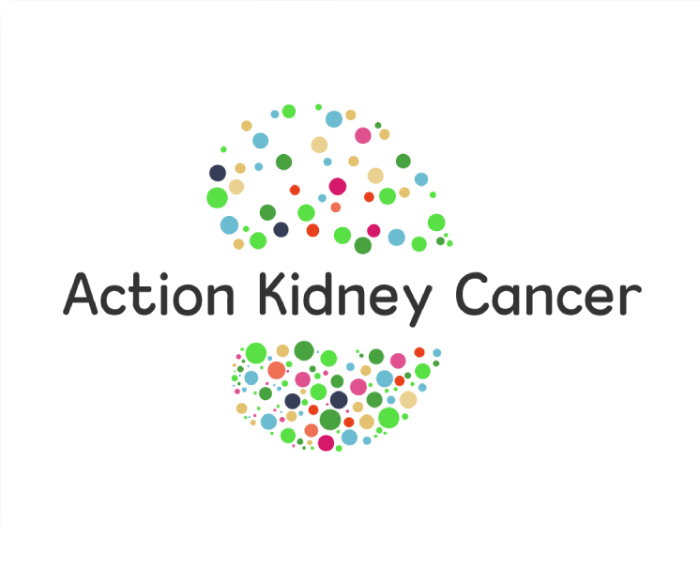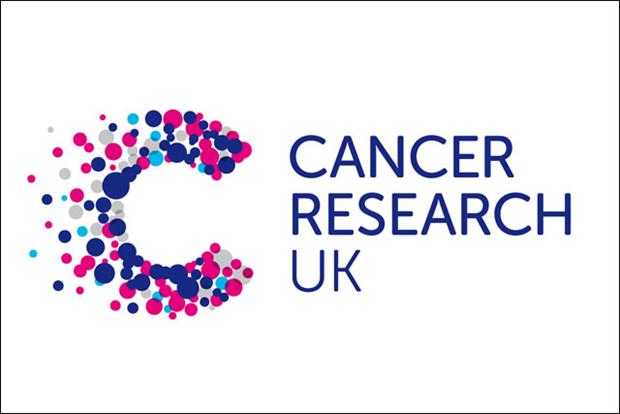Share this Page:
A retrospective analysis of data from the International Metastatic Renal Cell Carcinoma Database Consortium (IMDC) was presented at the American Society for Clinical Oncology (ASCO) Genitourinary (GU) Cancers Symposium in San Francisco from 13-15 February. The analysis looked at response rates and survival of metastatic renal cell carcinoma (RCC) patients who had been treated with vascular endothelial growth factor (VEGF) tyrosine kinase inhibitors (TKIs) following combination immunotherapy treatment.
VEGF TKIs were shown to be effective at improving response rates and survival when given after combination immunotherapy. Response rates were higher in patients treated with VEGF TKIs after first-line double immunotherapy (ipilimumab plus nivolumab) than after immunotherapy plus an anti-VEGF TKI (e.g. avelumab or pembrolizumab plus axitinib).
Immunotherapy combinations are becoming the standard of care for first-line treatment of patients with metastatic RCC. However, information about the effectiveness of treatment with VEGF TKIs after the cancer has progressed on immunotherapy combinations is limited.
This analysis of data from the IMDC concluded that VEGF TKIs are effective at improving response rates when given after combination immunotherapy. Response rates are higher in patients treated with VEGF TKIs after first-line ipilimumab plus nivolumab than after treatment with immunotherapy plus a VEGF TKI. However, there was no difference in overall survival or time to treatment failure between the two treatment regimens.














